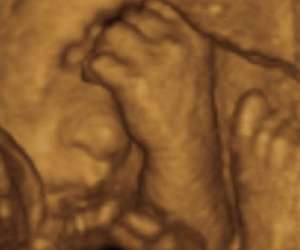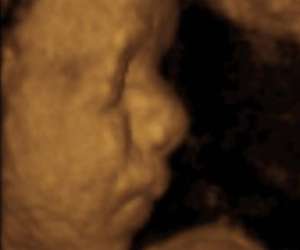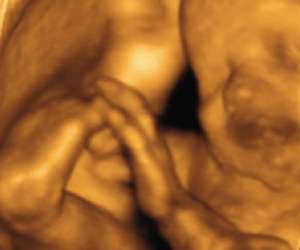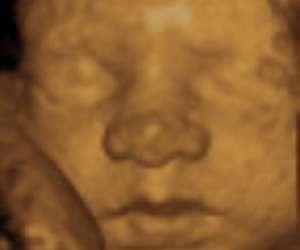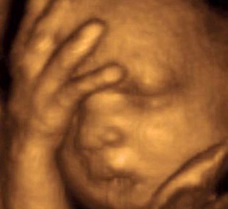
You are 30 Weeks Exactly Pregnant

Later on in the third trimester you may begin to feel more tired than usual. The strain on your body may begin to show itself-you may find yourself uncomfortable and easily fatigued. Things that never bothered you previously, such as standing for long periods of time or walking a lot, may get increasingly difficult. For example, your trip to and from work may tire you much more than it did previously. If that is the case, find out whether you can alter your hours to avoid traveling at the busiest times of the day and, if you find yourself traveling during rush hours, don't be shy about asking someone to give up their seat on the train for you.
If there is a room in which you can rest at work, you may be able to take a short nap in the middle of the day or early afternoon, which might help to alleviate your fatigue a little.
You may want to discuss with your employer ways to make your job less physically demanding, or ask for help, for example if you need to carry heavy files or your job involves walking long distances. With a few adjustments you should be able to keep going until the start of your maternity leave, but above all, listen to your body: if you're tired, rest; if your feet and legs hurt, sit down.
Using a birthing pool
Laboring and giving birth in water can not only relieve much of the pain, discomfort, and stress of childbirth, it can also induce relaxation and reduce blood pressure. Research shows that warm water on the lower back (the area of the spinal cord that receives the nerves from the lower abdominal region) can reduce labor pain, while the level of endorphins, or natural painkillers, rises in the same environment. Whether you choose a birthing pool or a warm bath, water is a great way to deal with contractions.
If you give birth in water, your baby's umbilical cord will continue to provide her with the oxygen she needs, but she will have to be brought to the surface quickly to encourage her to breathe on her own.
Water birth should be done with your doctor's supervision, and many birthing centers and hospitals now offer the option (see ... Doctor). Make sure you include these details on your birth plan (see Making a birth plan). Using a birthing pool will not be recommended if your birth is considered to be high risk.
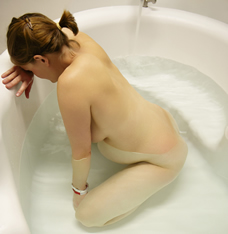
A growing number of hospitals and birthing centers offer birthing pools. If you'd like to have a water delivery, check the availability of a pool at your hospital when you tour the facility.
Focus On... Twins
Cesarean birth
You're more likely to deliver twins by cesarean than a single baby (see Types of cesarean). Many of these are elective: the decision is made in advance, and the mother doesn't go into labor. A cesarean is major surgery, but for the babies it's often the best way to arrive and a small price to pay for the mother.
Vaginal birth can be complicated for twins, especially the second twin who goes through two rounds of uterine contractions. It's considered high-risk if the babies are premature.
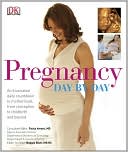
Pregnancy Day by Day
By Consultant Editor, Paula Amato, MDOriginal source: Pregnancy Day by Day.
Copyright © 2008 Dorling Kindersley Limited.
Purchase on Amazon

